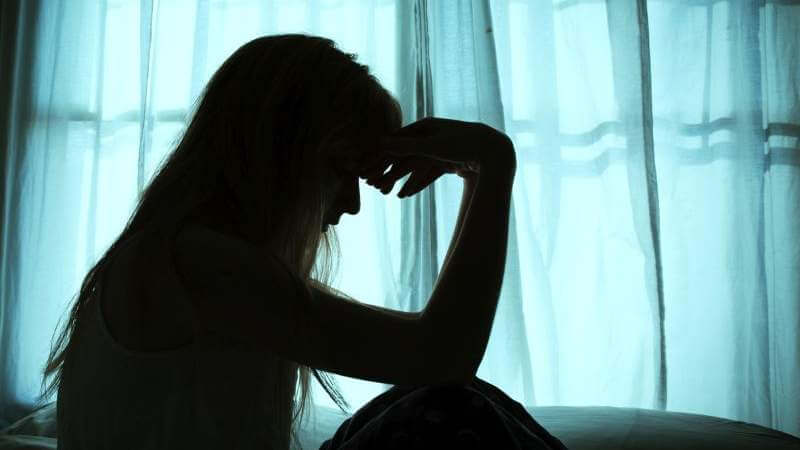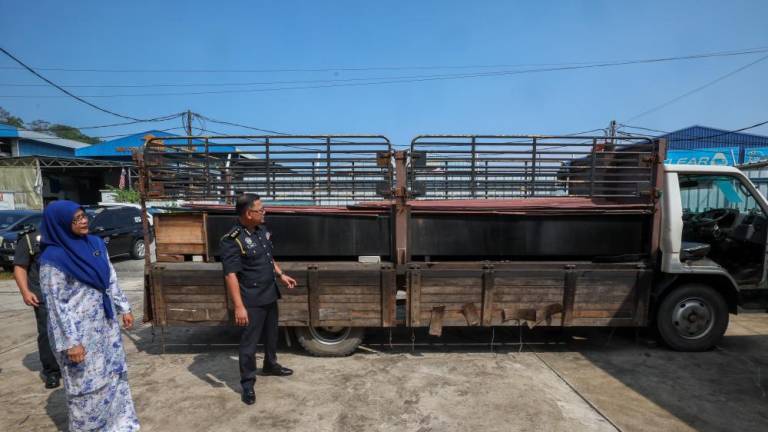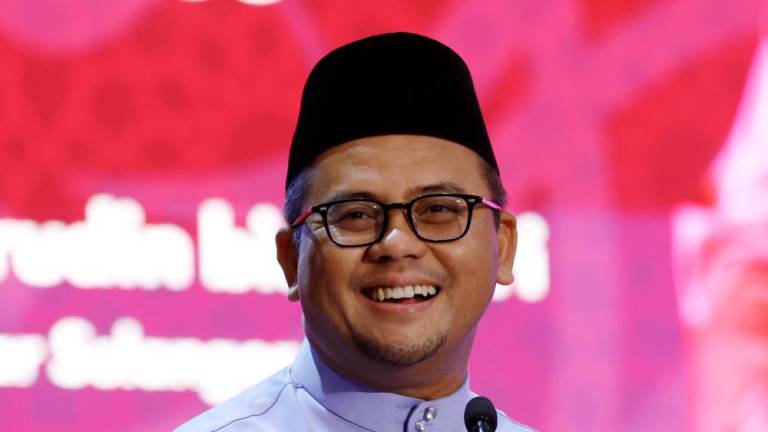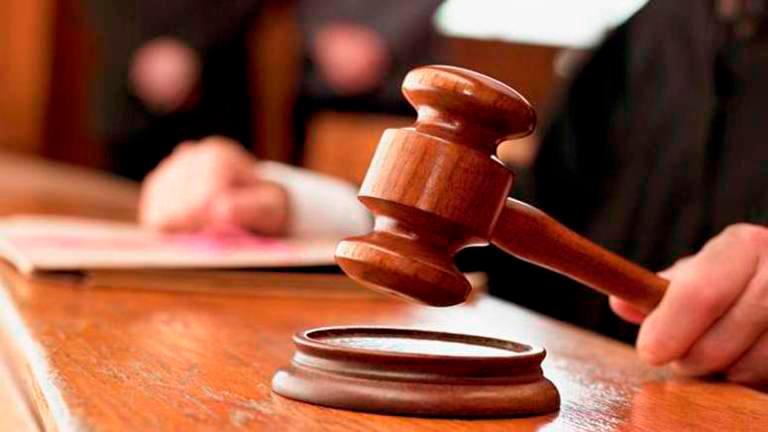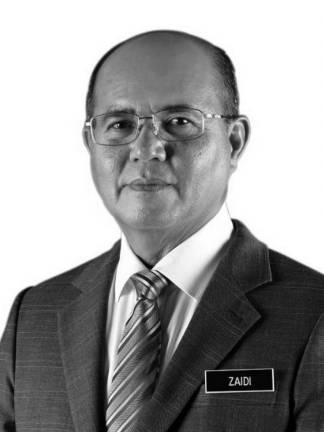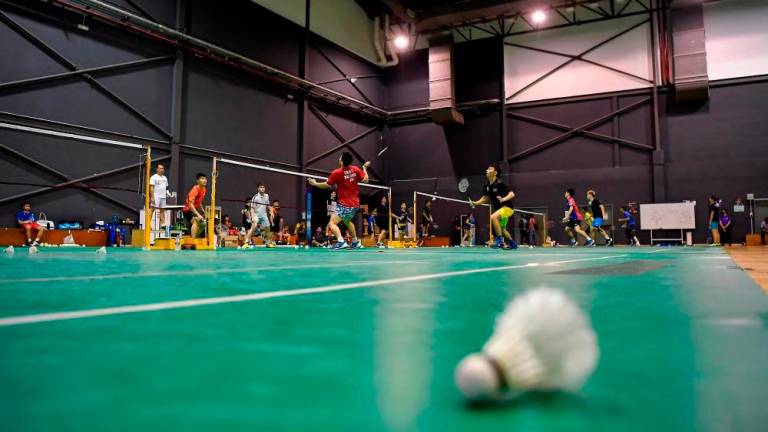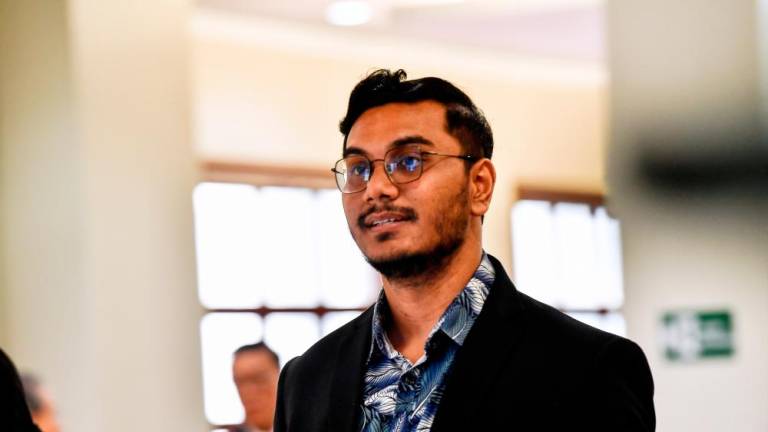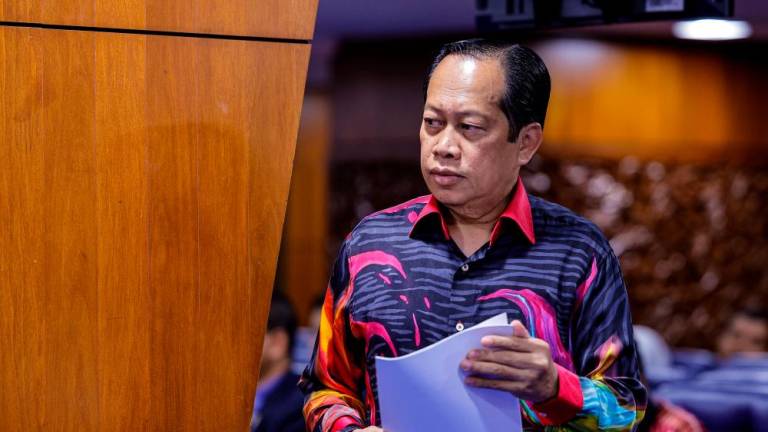KUALA LUMPUR: The fear of being stigmatised by society is pushing people with mental disorders to seek the services of traditional healers.
According to Dr Mohd Azhar Mohd Yasin, a psychiatrist at Hospital Universiti Sains Malaysia (Hospital USM) in Kubang Kerian, Kelantan, a survey he had carried out showed that about 60% of patients suffering from psychiatric disorders consulted traditional healers before seeking medical help when their condition worsened.
“Many mentally ill patients who seek treatment at hospitals have actually tried Islamic healing as well to treat their condition.
“However, it becomes a problem when they rely only on Islamic medicine. Only when their condition becomes chronic do they come to the hospital,” he said.
To treat mental ailments more effectively, a comprehensive treatment module encompassing spiritual and biological elements and psychiatric care is needed, Mohd Azhar told Bernama.
In 2008, he carried out a study titled “The Pathway to Health Care”, involving patients suffering from schizophrenia and epilepsy, to determine the time period and treatment pathway taken by the respondents before they sought treatment at a hospital.
His findings showed that on average, it took the respondents 24 months to seek hospital treatment.
As for their initial treatment pathway, 61.7% of them sought the services of traditional healers, 24.2% went directly to the hospital while 14.1% sought the services of doctors at private clinics.
In comparison, the epilepsy patients sought treatment at hospitals faster than schizophrenic patients, according to the findings.
The study also noted that socioeconomic status was also among the factors that contributed to the delay in seeking proper medical care as many people in the low-income group frequented traditional healers.
More comprehensive treatment
Mohd Azhar said Hospital USM treats mental illness using the “biopsychosocial and spiritual” model, which is a holistic approach comprising biological (medicine), psychological (counselling), social support and spiritual elements.
“Islamic medicine is an important element of the spiritual aspect of the treatment and is appropriate in this hospital in view of the religious backgrounds of most of our patients here,” he said.
Hospital USM allows its patients to seek the services of Islamic healers but it is seen as complementing their medical (biological) treatment, he said, adding that the combination has a positive effect on healing.
Mohd Azhar said the use of complementary therapies was also appropriate with the hospital’s Islamic-friendly status.
Currently, however, the use of Islamic healing practices has yet to be formalised in hospitals in the country. Academic studies have to be done to obtain scientific proof of the efficacy of Islamic medicine for the treatment of mental disorders, which will then provide more scope for Islamic healing practitioners to fulfil their responsibilities, he added.
Concurring that both biological and spiritual elements are necessary in the treatment of mental illness, Universiti Malaya Academy of Islamic Studies senior lecturer Dr Rushdi Ramli said many of those who sought treatment at Islamic medical centres suffered from depression, phobias, anxiety attacks and schizophrenia.
“However, it must be understood that Islamic healing is a form of complementary therapy and it complements modern medicine. Patients (who seek the help of Islamic practitioners) are also advised to get medical treatment at the hospital,” stressed Rushdi, who is also a healer at Pusat Rawatan Darussyifa in Bangi, Selangor, which was founded by the late PAS spiritual leader Datuk Dr Haron Din.
Haron, who started offering Islamic healing services in 1988, was among the first in this country to provide such a service.
Positive feedback
According to Rushdi, feedback from patients at Pusat Rawatan Darussyifa has been very positive and there have also been cases of full recovery.
About 70% of the centre’s patients who were interviewed as part of a study that was carried out two years ago gave positive feedback to the treatment given to them, he told Bernama.
“When looked at another angle, Islamic therapy is closely linked to the faith Muslims have in the verses in the Al-Quran that can help to heal man’s illnesses, both physical and spiritual,” he said.
He said exposure to Islamic therapy was still low in this country and that some people even viewed it as something alien that has never been part of Islamic knowledge.
“Islamic medical practice is being challenged by practitioners of modern medicine who are more inclined towards thinking that evidence-based treatment is the one and only valid therapy for the well-being of society.
“If courses on alternative medicine like Chinese and traditional Malay treatments are offered by institutions of higher learning at diploma and degree levels, then Islamic medical therapy should also move in the same direction,” he added.
Need for more studies
Meanwhile, Universiti Malaya Centre for Addiction Science Studies (Umcas) chief coordinator Dr Rusdi Abdul Rashid said Umcas and Pusat Rawatan Darussyifa recently organised a seminar on Spiritual Healing for Treatment of Mental Illness as part of efforts to find out how Islamic healing practices can complement conventional psychiatric treatment.
He said in the case of psychospiritual treatment, one cannot solely apply Islamic healing or conventional medical treatment but should, instead, harness the synergies of both treatments to expedite the recovery rate.
“Psychosocial and spiritual treatments alone will not suffice. But if these two treatments are combined with drugs and psychiatric care, the outcome will be better,“ he said.
Such a “collaboration”, pointed out Rusdi, is necessary to enable research to be carried out in order to provide empirical evidence.
“Only when there is evidence can Islamic therapy be accepted by the Health Ministry as an alternative treatment,“ he added. — Bernama



